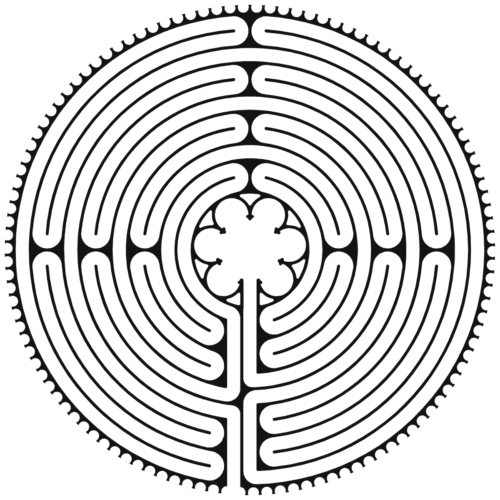
María P. Angel
María P. Angel is a Ph.D. candidate at the University of Washington School of Law. She defines herself as a privacy researcher, working at the intersection of Law and Technology and Science, Technology, and Social Studies (STS). Her doctoral research examines (i) the evolution of the concept of privacy in American legal scholarship and (ii) the legal co-production of technology. Her work seeks to propose and develop the following two theoretical concepts: “privacy’s algorithmic turn” and “techno-legal imaginaries.” María holds a dual B.A. in Law and Political Science from Universidad de los Andes, and a master’s degree in Administrative Law.

Zoë Bell
Zoë Ruha Bell is a Ph.D. student in Computer Science with an emphasis in STS at the University of California, Berkeley. She is broadly interested in using feminist and anti-colonial STS to guide her work in theoretical computer science. Her current research revolves around the ways algorithms mediate data sharing. She seeks to explore how STS can be used to help design counter-hegemonic approaches to mathematically protecting data (e.g. via cryptography and privacy definitions like differential privacy) which support meaningful community sovereignty over data. She holds a B.S. in Mathematics with a concentration in STS from Harvey Mudd College.

Tracy Brannstrom
Tracy Brannstrom is a Ph.D. student in Comparative Human Development at the University of Chicago. In her dissertation she uses ethnographic methods to look at the social-therapeutic movements that have arisen in response to the US ‘opioid crisis.’ The project empirically examines pharmaceuticals, body-work, grassroots organizing, opioid litigation with a conceptual focus on the politics of care. She holds a B.A. in anthropology from Mount Holyoke College and an M.A. in folklore from the University of California, Berkeley. She has a background in newspaper reporting and is currently a research fellow for National Public Radio.
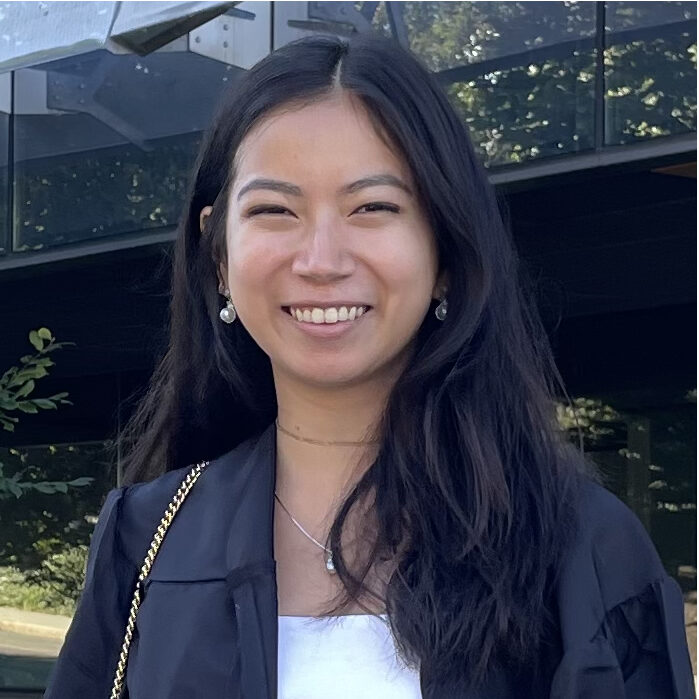
Teresa Datta
Teresa Datta is a Machine Learning Engineer at Arthur AI, an ML model robustness monitoring platform for accuracy, explainability, and fairness. She is passionate about issues of trust, transparency, and disparate impact in algorithmic accountability and better understanding how humans and machine learning models interact in larger sociotechnical systems. She is also an advocate for fostering diversity and inclusion within data science communities. She holds a B.A. in Chemistry from Cornell University and an M.S. in Data Science from Harvard University.
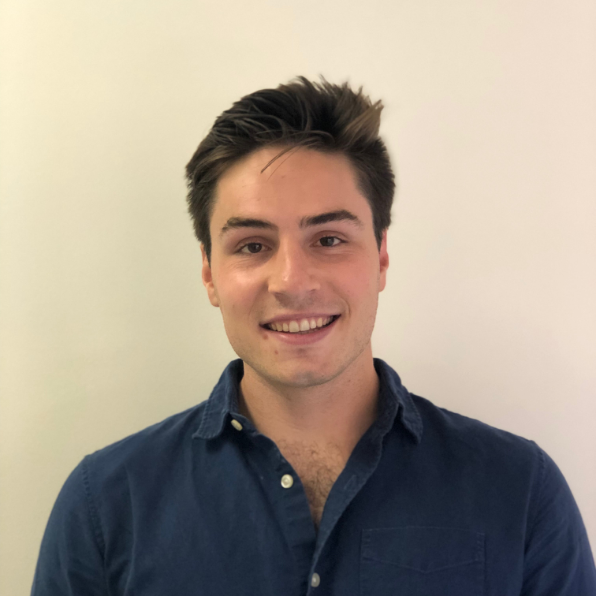
Paul Ehmann
Paul Ehmann is a Ph.D. candidate in the Biology and Society program at Arizona State University. He researches the international and intranational governance of biochemical weapons with a strong focus on the Biological Weapons Convention. His doctoral thesis seeks to interrogate the complex problems that dual-use research presents for governance on a global and national scale. In doing so, he hopes to learn how epistemological questions regarding biosecurity are constructed; namely, how judgments about risk, what needs governing, technological advancement, and expertise are made.
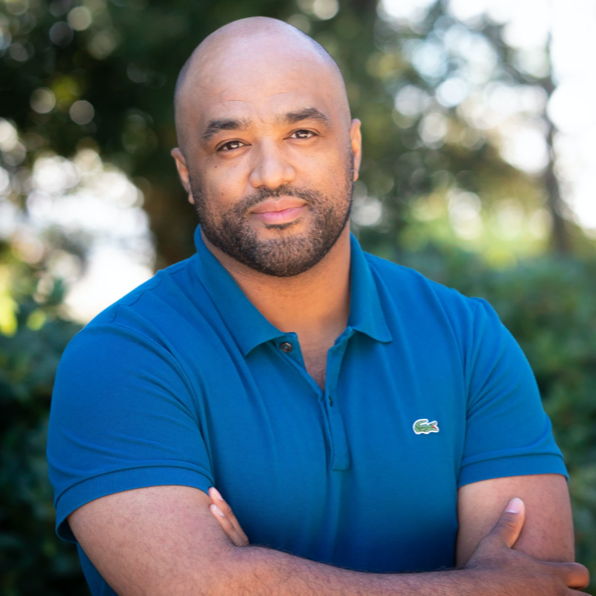
Salah Hamdoun
Salah Hamdoun is a Ph.D. student in the Innovation in Global Development program in the College of Global Futures at Arizona State University. His research explores the role of technology in speculation, and uncertainty. Salah’s work focuses on human development, the privatization of risk and the proliferation of the unknown, by examining state and capital entanglement in the construction of culturally coded risks. His publications include Co-designing the future with public interest technology (2021) and Technology and the formalization of the informal economy (2020). Salah has over nine years of professional experience in financial markets, specializing in currencies and derivatives.

Clarence Hatton-Proulx
Clarence is a Ph.D. candidate in urban studies and history at the Institut national de la recherche scientifique (Montréal, Canada) and Sorbonne Université (Paris, France). His thesis focuses on the history of urban energy transitions in post-war Montréal. Using archival sources, he analyzes the social and spatial consequences of energy change on the city and its inhabitants from the 1940s to the 1970s. He holds an M.A. in STS from York University (Toronto, Canada).
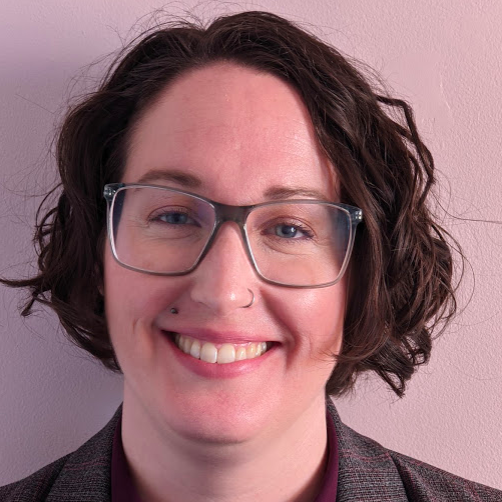
Dayna Jeffrey
Dayna Jeffrey is a Ph.D. candidate in Science and Technology Studies at York University in Toronto, Canada. Her dissertation focuses on how images of technoscientific futures configure our presents. Her particular focus is on how future expectations within transhumanism configure current development and imaginaries of AI technologies in particular and potentially problematic ways. Dayna holds an M.A. in Communication and Culture from a joint program between York University and Ryerson University and a B.A. (Hons) in Social Anthropology from York University.
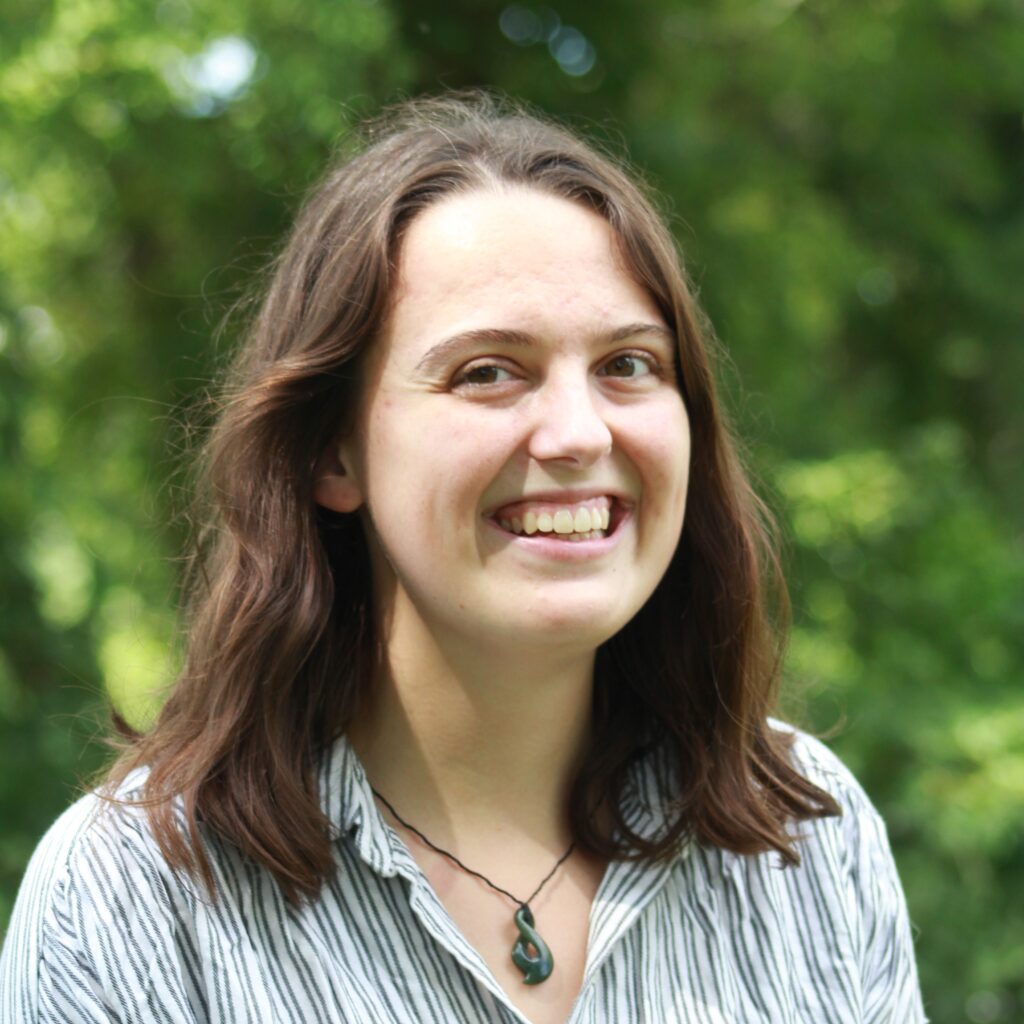
Madeline Kroot
Maddy Kroot is a Ph.D. student in Clark University’s Graduate School of Geography. Her research focuses on the role of transmission infrastructure in generating community opposition to plans for regional decarbonization in New England. Drawing on political ecology, energy geographies, and STS, Maddy studies the work that transmission corridors perform in making certain visions for energy transition appear socially and politically feasible, at the same time as contested powerline projects produce their own publics and environmentalist politics in northern New England. Maddy holds a B.A. in Geography and Linguistics from Dartmouth College.
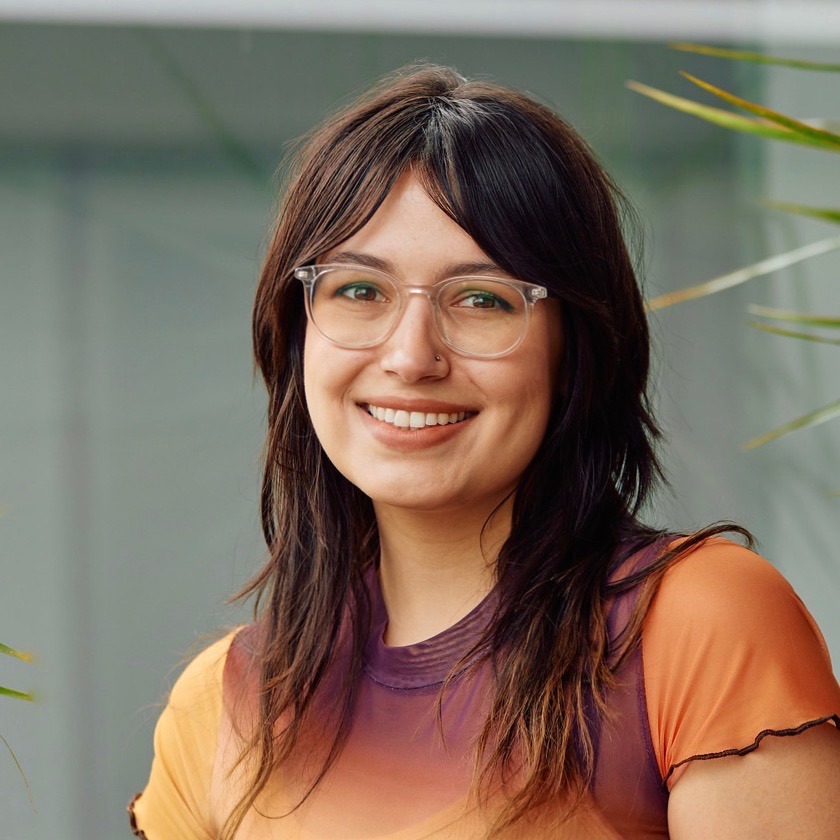
Lizzie Kumar
Lizzie Kumar is a Ph.D. candidate in Computer Science at Brown University, broadly interested in the process of analyzing machine learning systems to determine if they are fair, ethical, or legal. Her work evaluates technical and regulatory strategies for preventing the intentional or unintentional deployment of harmful data-driven technology. She is especially interested in interdisciplinary approaches to this problem. Lizzie holds an M.S. in Computer Science from the University of Massachusetts at Amherst and a B.A. in Mathematics from Scripps College.

Maria Labourt
Maria Labourt is a Ph.D. candidate in Sociology at the University of Southern California. Her research builds on a case study of the Los Angeles River and aims to elucidate the ways in which knowledge and public life coalesce in times of ecological crisis. Drawing from qualitative research methods such as interviews, participant observation, and document analysis, she reflects on how credible and authoritative knowledge has evolved over time and the role of affected communities in this process of co-construction.
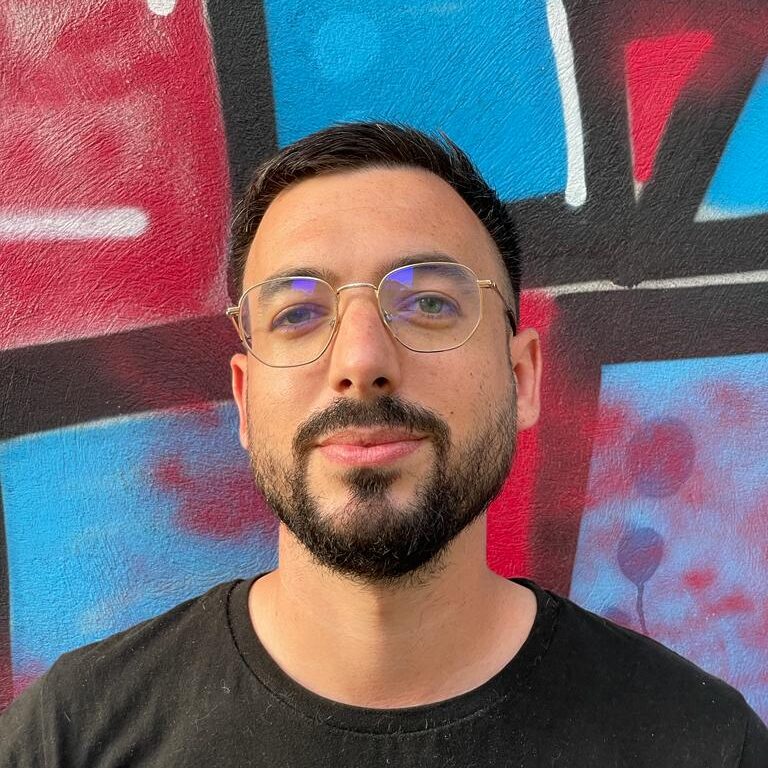
Antoine Lalande
Antoine Lalande is a Ph.D. candidate in Information and Communication Sciences at CELSA – Sorbonne Université. His research focuses on the popularization of the social sciences by studying the networks of an eastern militant café in Paris, Le Lieu-Dit. Through interviews and observations, his thesis aims at thinking and describing a political ecology of social sciences by taking seriously the question of costs and fertility of an outside laboratory life of sciences. Antoine is also part of the ECOS-SUD international research program “Knowledges from precarity and mobility” led by Sorbonne Université and Universidad Andrés Bello (Santiago, Chile).

Ember McCoy
Ember McCoy (she/her) is a Ph.D. student in the University of Michigan’s School for Environment and Sustainability. She works at the intersection of STS, critical environmental justice, and political ecology to examine the gap between environmental governance and embodied expertise. Ember comes from a professional background in lobbying and community organizing and is particularly passionate about community-engaged research and teaching. Outside of research, she puts her passions and skills to practice through climate, housing, and labor organizing with her union, the Graduate Employees Organization, and her city’s energy commission.
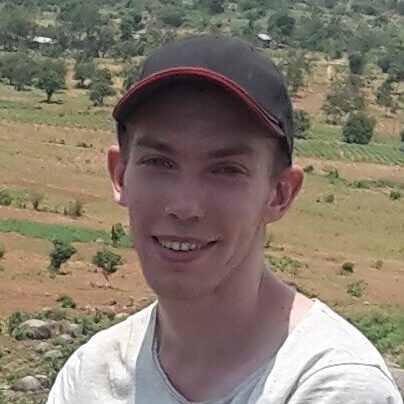
Malte Neuwinger
Malte Neuwinger is a Ph.D. candidate in sociology at Bielefeld University, Germany. His current research project focuses on the global proliferation of social field experiments (or randomized controlled trials), which have been prominently advertised as the best way to determine whether a policy ‘works’. Among Malte’s broader concerns are the following questions: How do social policies improve people’s lives? How can we figure out whether they actually do so? And: How do we deal with the issue that, even granting improvements on both fronts, policy decisions are not—and arguably should not be—solely a matter of evidence?

Nadine Osbild
Nadine Osbild is a Ph.D. candidate at the Department of Science, Technology and Society at the Technical University Munich (TUM). Her dissertation explores the role of local subculture and artists in imagining a worthwhile urban future against the background of established innovation-centered modes of future-making. Nadine holds a B.S. in Biomedical Engineering and a M.A. in STS from TUM, and has additional experience with science communication both in the context of museum work and NGO consultancy.
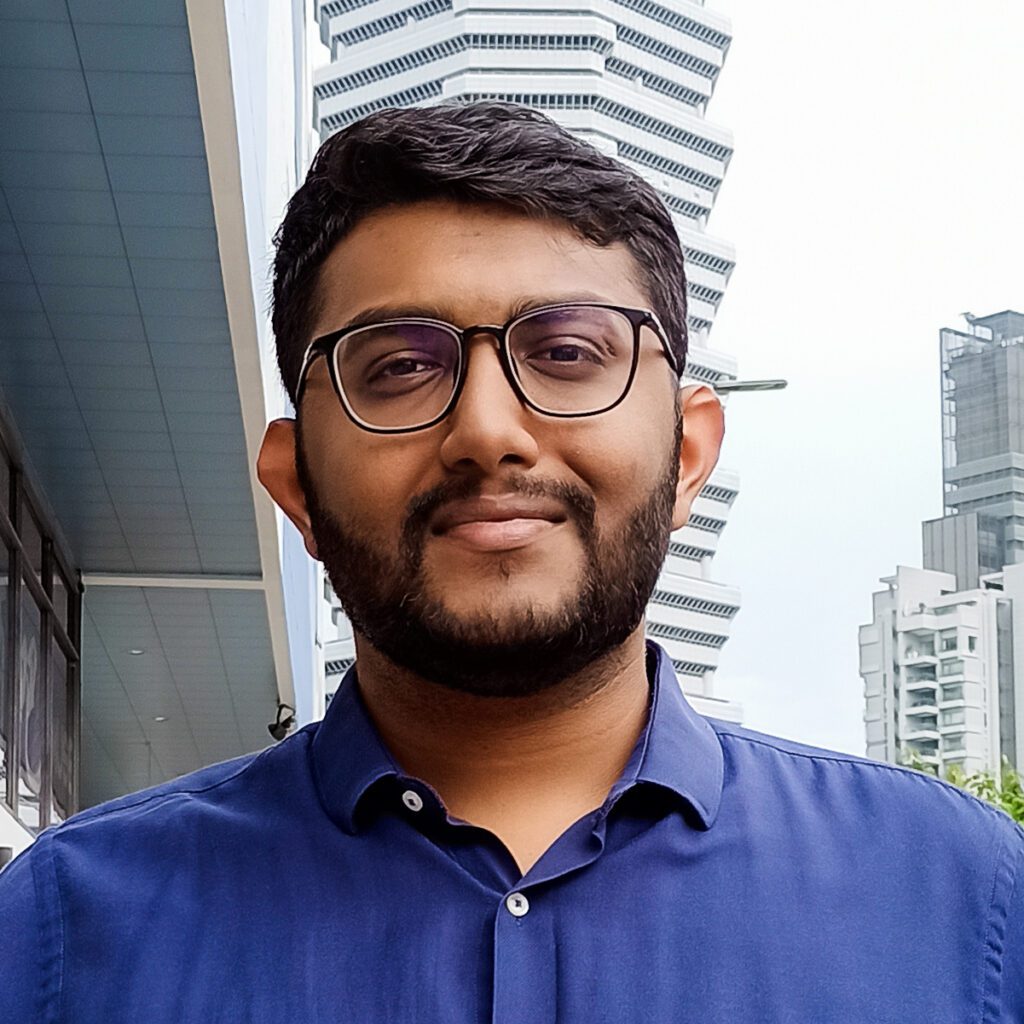
Sharad Pandian
Sharad Pandian is a Research Associate at Nanyang Technological University (Singapore). He is interested in how various kinds of expertise and institutions – technical, managerial, scholarly – apprehend, coordinate, and contend with one another. For the past two years, he has been a member of the Singapore team of the international Comparative Covid Response (CompCoRe) project, which compares the Covid-19 policy responses of more than sixteen countries from an STS perspective. He holds a master’s degree in the History and Philosophy of Science from the University of Cambridge, where he was a Gates-Cambridge scholar.
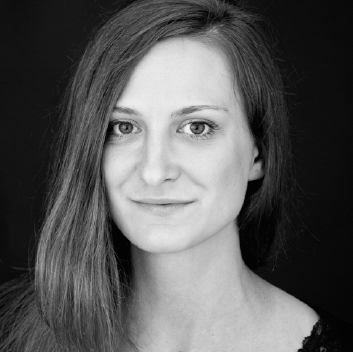
Andra Sonia Petrutiu
Sonia Petrutiu is a Ph.D. student in STS at Cornell University interested in state-science relationships. Combining STS and sociocultural anthropology, her current research is theoretically situated at the intersection of infrastructure studies, technopolitics, and postcolonial science studies. Framed by a general concern with climate science and climate politics, she discusses how Indian climate modeling and supercomputing shape and are shaped by far-reaching technopolitical trajectories, changing discourses of self-reliant development, and the reproduction of the postcolonial nation as well as state power via articulations of technoscientific nationalism. Her academic background is in sociocultural anthropology, South Asian studies, and STS.

Margarita Maria Rodriguez Morales
Margarita is a joint Ph.D. student in Sociology and Public Policy at the University of Michigan. She is broadly interested in the intersection of knowledge regimes in policy welfare settings and the construction of state legitimacy through quantification. Her doctoral research focuses on the reconfiguration of poverty governance scenarios in Latin America with the increasing use of automated decision-making systems to define access to social welfare benefits and how they shape the understanding of poverty and social classes. She holds a B.A. in Social Work and an M.A. in Social Studies of Science, both from the National University of Colombia.

Tadeusz Rudek
Tadeusz Rudek is a Ph.D. student at Jagiellonian University. His research interests cover Science, Technology & Society (STS) studies, sociology of energy, and climate adaptation policies. He is also a research assistant at the EU-funded Horizon2020 projects: Energy Shifts, Comets and Vax-Trust. Tadeusz is a P.I. of the project “Journey to the West? Sociotechnical Imaginaries of the energy transition in China and Taiwan,” which comprises a comparative analysis of the influence of imaginaries on energy transition policies in both regions. Tadeusz was also a co-coordinator of the Early Stage Researchers programme in the Energy Shifts project.
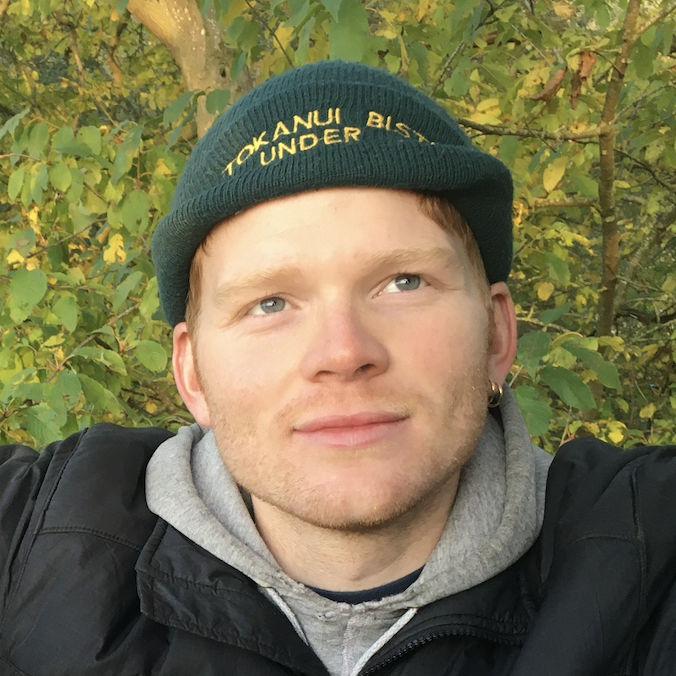
Theo Stanley
Theo Stanley is an environmental geographer based at the University of Oxford. His Ph.D. research examines how the turn towards ‘nature-based solutions’ is shifting the relationship between conservation, carbon and capital in the Scottish Highlands. Empirically, he uses a mixture of ethnographic and interview techniques to research how scientific and ecological knowledge is constructed, and to examine how this knowledge has socio-material effects. Theoretically, Theo draws on science and technology studies, environmental anthropology and political ecology and he has broader interests in philosophy of science, climate activism and contemporary art.
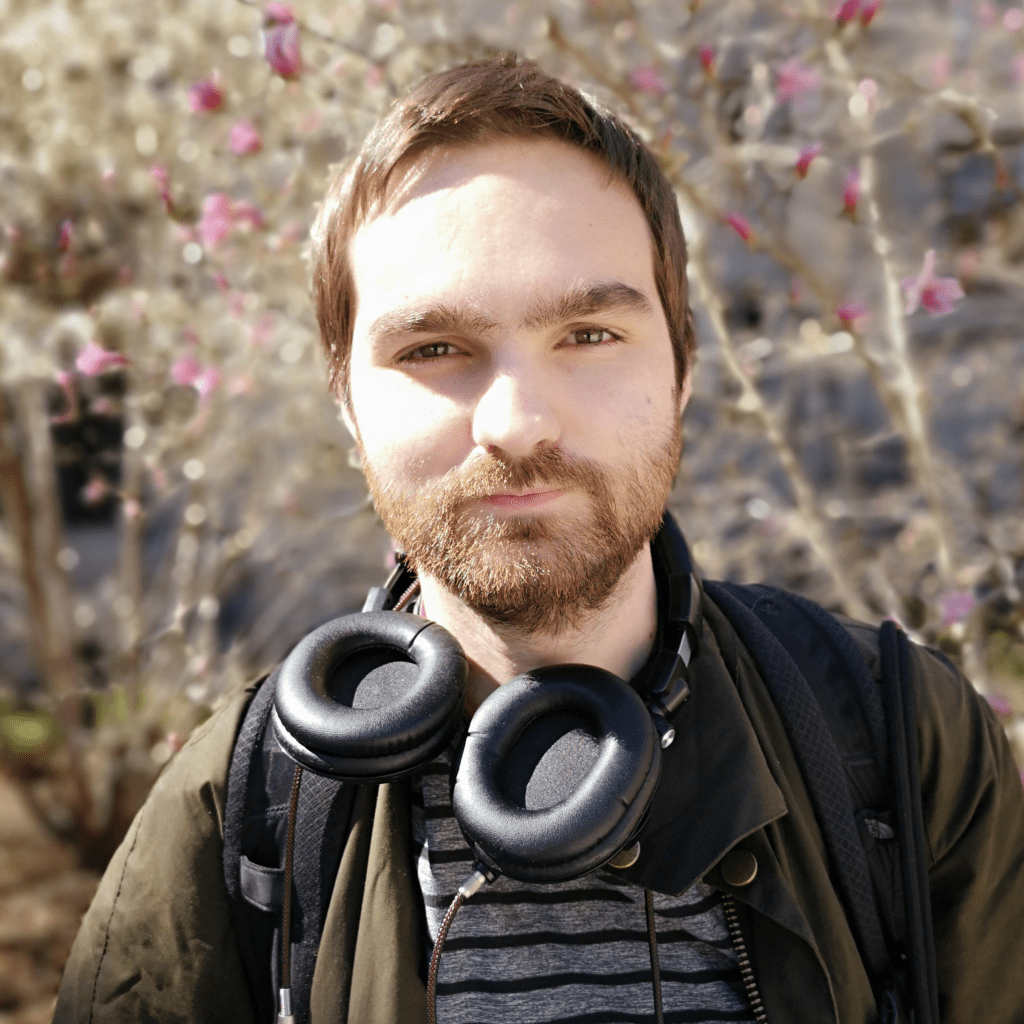
Alexander Ward
Alexander Ward is an anthropology graduate student at UCLA. He studies the legal and cultural implications of the Native American Graves Protection and Repatriation Act, with a focus on the negotiations of expertise between the parties involved in its implementation. His background is in linguistic anthropology and archaeology, but he is currently studying how US law practitioners make knowledge and truth claims from beyond law intelligible in legal terms.

Benjamin Wills
Ben Wills is an M.S. candidate with a Kranzberg Fellowship in the School of History and Sociology at the Georgia Institute of Technology. He studies emerging issues in direct-to-consumer telehealth, including implications for health equity, the role of venture capital, regulation, and medicalized masculinities. Previously Ben was at The Hastings Center, a bioethics think tank, where he worked on ethics of public deliberation over wild release of CRISPR-modified organisms, the impacts of returning genetic test results about autism, and public opinion of human-animal chimera research. He appreciates biking, cooking, and a good ergonomic keyboard.
The informal yet rigorous learning experience … brought the ideas to life. Hearing from and interacting with leaders in the field was invaluable. I began to understand STS as getting to the bottom of what is happening …
Daniene, 2021 Participant

